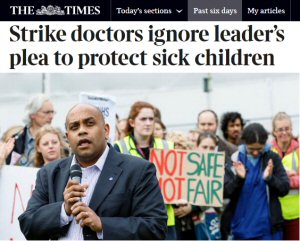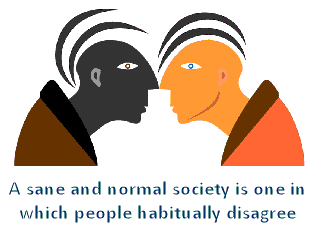A new video explains Jung’s theory of typology and compares it with the popular interpretation developed by Isabel Briggs Myers. It examines the aspect of typological theory that Jung often complained was overlooked. The video lasts just over 50 minutes and covers:
- Historical background
- Foundational principles
- Typology as exemplar
- Typological functions
- Type as a problem
- Jung’s solution
- The axiom of Maria
- The divergence of theories
The video is available at https://myers.co/typology.



 My jaw dropped when I started reading The Independent’s review of the Mansion House speech yesterday morning. On the front page of their website they showed a picture of George Osborne, the UK Chancellor of the Exchequer, in full flow delivering his speech. Alongside was a headline that said “£1,400 a year from UK’s 3.7m poorest families: Osborne reveals who cuts will hit”.
My jaw dropped when I started reading The Independent’s review of the Mansion House speech yesterday morning. On the front page of their website they showed a picture of George Osborne, the UK Chancellor of the Exchequer, in full flow delivering his speech. Alongside was a headline that said “£1,400 a year from UK’s 3.7m poorest families: Osborne reveals who cuts will hit”.